Perovskia, also called Afghan sage or Russian sage, is a small bush with attractive aromatic silvery foliage and lavender-blue flowering, light and airy, that lasts all summer. Ideal for adding volume and graphic structure to borders. Easy to grow, hardy, drought- and disease-resistant. Perovskia fits easily into Mediterranean gardens, rockeries or naturalistic plantings, for example in association with grasses or other perennials. Can even be grown in a pot on a sunny terrace. Perovskia is propagated by propagation by cuttings of herbaceous or semi-lignified stems, or by sowing. Discover all our tips to succeed!
For more on cultivation, consult our comprehensive guide : "Perovskia, Afghan sage: planting, pruning and maintenance"
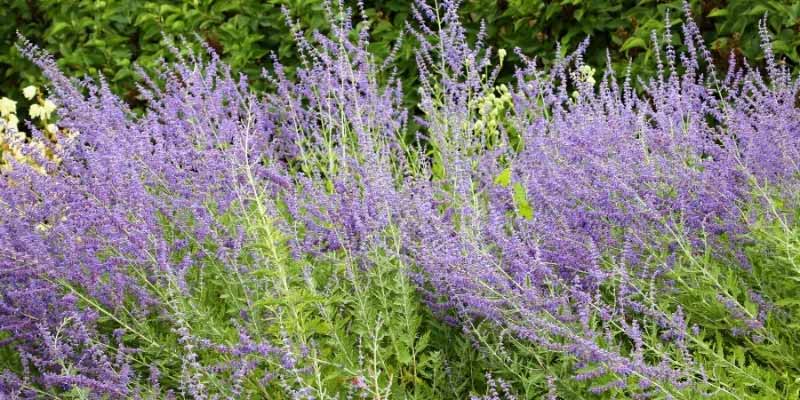
When and how to sow Perovskia?
You can sow Perovskia in autumn or early spring. It is best to refrigerate seeds for about a month before sowing, as this helps and speeds up germination.
- Prepare a pot by filling it with a light, free-draining growing medium : use seed compost or an even mix of compost and coarse sand.
- Firm down and level off.
- Spread seeds on surface.
- Cover very lightly with a little growing medium.
- Moisten medium with a spray bottle.
- Place pot under a cold frame, out of direct sun.
- Continue to water regularly so medium remains slightly moist (not waterlogged) until germination. Use a spray bottle or a watering can with a rose to apply a fine shower.
You can keep seedlings in a mini greenhouse to retain humidity.
Pot on seedlings into individual pots as soon as large enough to handle. Can plant out in ground the following spring.
Equipment needed for sowing
- Perovskia seeds
- Pots
- Light, free-draining growing medium, e.g. seed and potting compost
- A spray bottle
- Labels
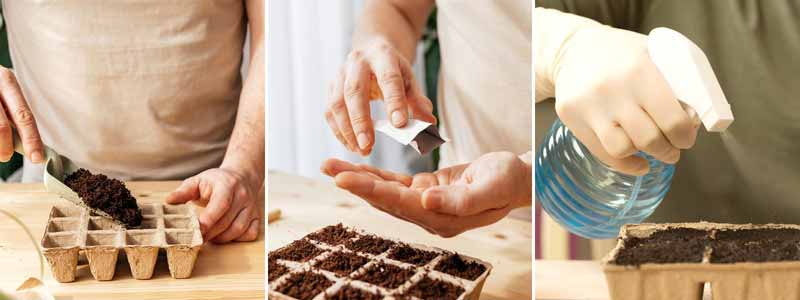
When and how to take cuttings of Perovskia?
Herbaceous cuttings
Propagation by cuttings of herbaceous stems is done in spring, around May, before Perovskia begins to flower.
- Take a stem about 10 cm long, cutting just below a node (point where leaf joins stem) with a sharp, disinfected pruning shear.
- Remove leaves from base, leaving only a few at top of stem.
- Prepare a pot by filling it with a mix of compost and coarse sand, then firm down slightly.
- Water the medium.
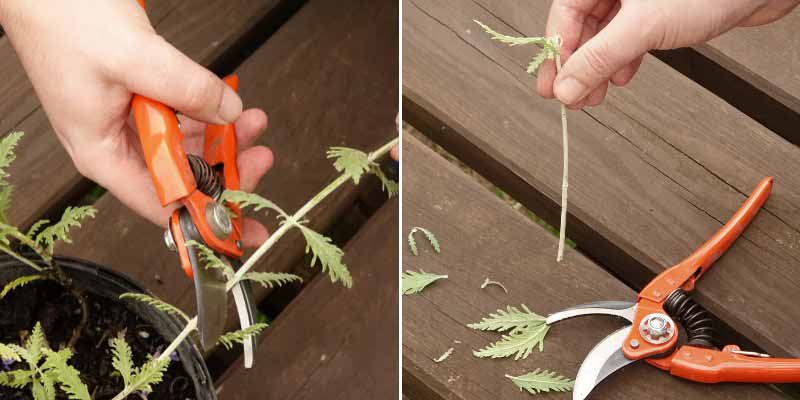
- Make a hole in medium with a pencil or stick.
- Insert stem into pot.
- Firm around cutting to ensure good contact between stem and medium and avoid air pockets.
- Place cuttings in a bright spot but out of direct sun.
- Keep medium slightly moist until rooting occurs.
- Can plant out in ground in autumn or following spring.
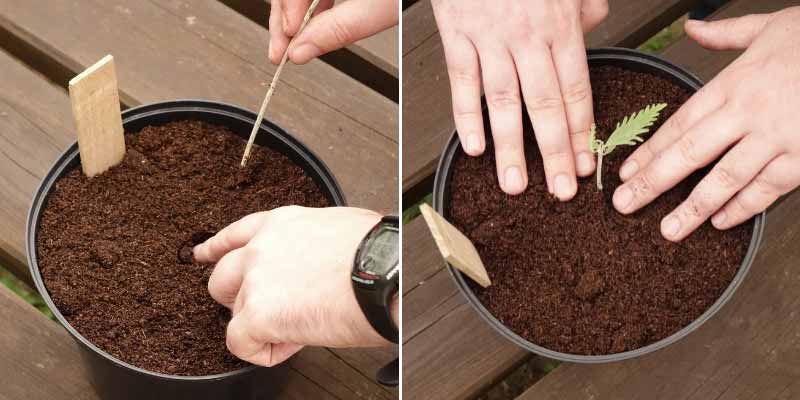
Semi-lignified cuttings
Perovskia can also be propagated by taking semi-lignified cuttings in late summer to early autumn (August–September). Principle is same as for herbaceous cuttings, except use stems that have started to lignify rather than soft green shoots.
- Using pruning shear, take stems 10–15 cm long, cutting just below a node. Stems should be soft at tip and lignified at base.
- Remove leaves from base, leaving only a few at top. If stems bear flowers, remove them: this focuses energy on rooting rather than flowering and seed production.
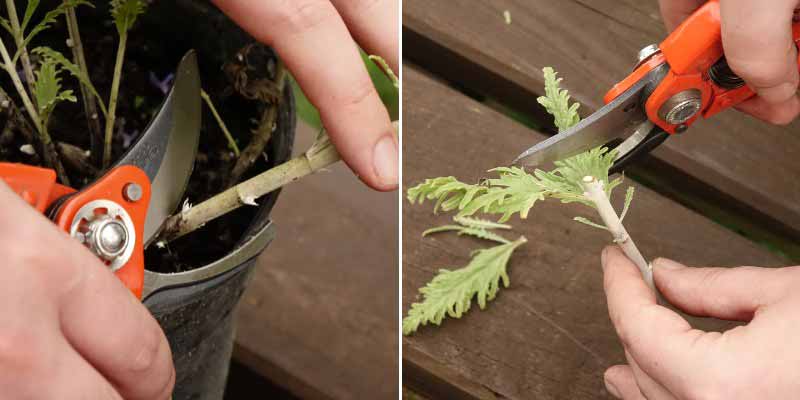
- Prepare pots by filling with a draining mix, for example compost and coarse sand.
- Firm down slightly and water.
- Make a hole in medium with a pencil.
- Replant stem into hole and firm around it.
- Place pot under cover, in a bright spot but out of direct sun.
- Wait for rooting, watering occasionally to keep medium slightly moist.
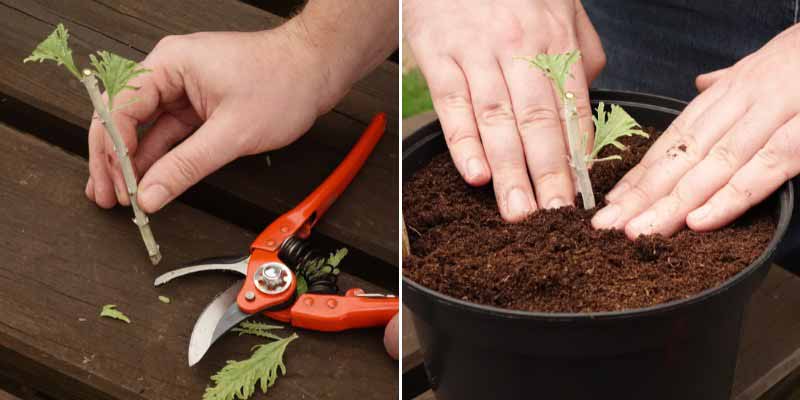
Equipment needed for propagation by cuttings
- A sharp, disinfected pruning shear and a knife
- Pots
- A free-draining medium such as seed and potting compost or a mix of compost and coarse sand
- A pencil or stick
- A watering can
- Labels
Further reading
- Our comprehensive guide "Perovskia, Afghan sage: planting, pruning and maintenance"
- Discover our full range of Perovskias
- Our article "Growing Perovskia in a pot" and our tutorial "When and how to prune Perovskia"






























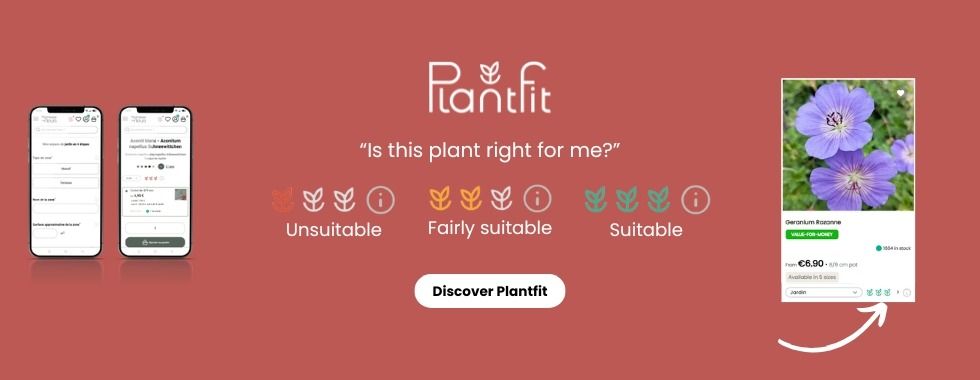
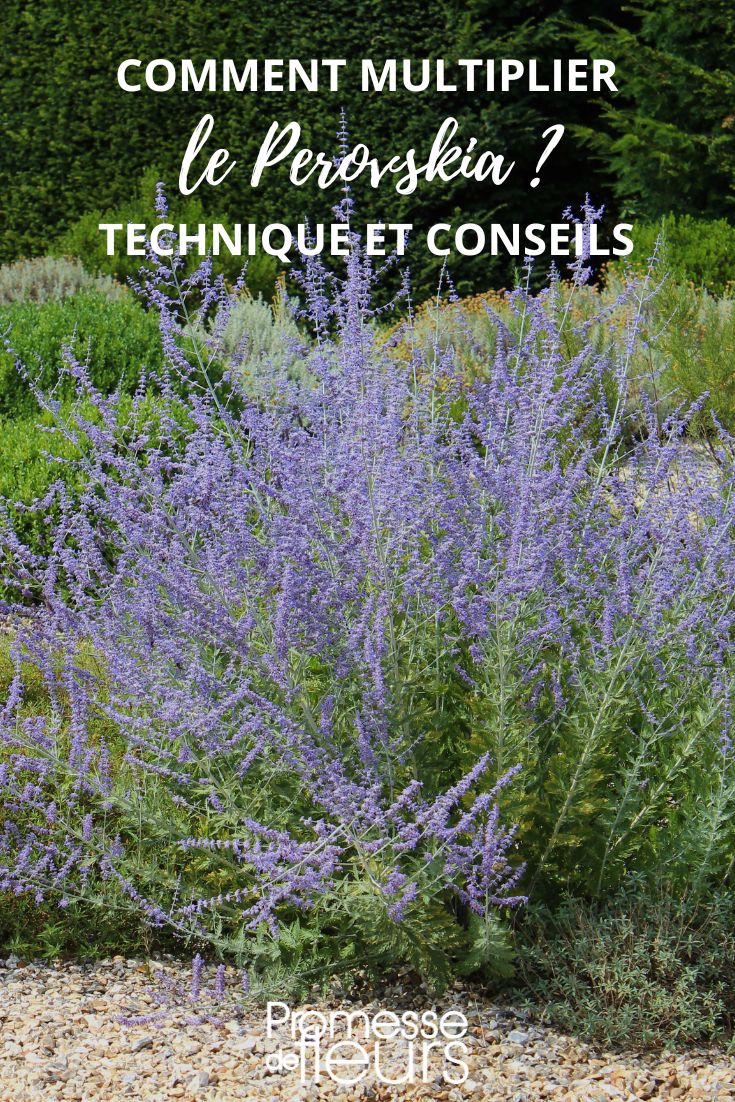
Comments